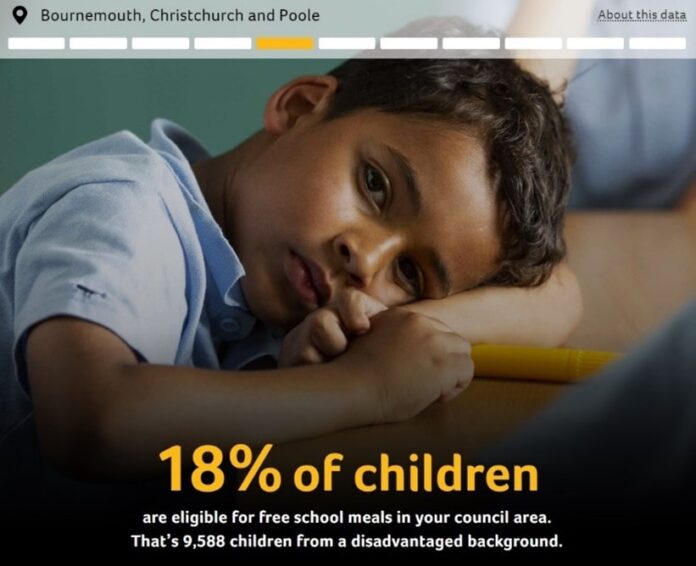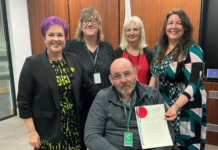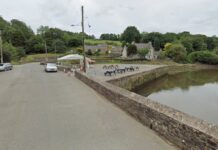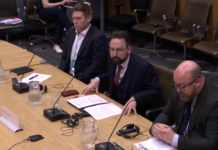

A new online data ‘tool’ launched by the charity Action for Children aims to provide a clearer picture of the hardship faced by families with children in constituencies and council areas in Wales.¹
Bringing together key measures of child hardship into a user-friendly tool for the first time, the unique virtual resource also goes behind the numbers to show the impact of poverty through the real-life experiences of families the charity supports.
On entering a postcode, the tool reveals the total number of children living in poverty² in that constituency in 2020/21. This number is then given as a percentage of all the children in the area as well as the equivalent number of pupils in a classroom of 30.
Scrolling down, the tool then shows how child poverty in that constituency has changed since 2014/15 followed by data, at council level, of:
- how many children are eligible for free school meals
- the numbers of foodbank parcels distributed3, and
- how many households live in fuel poverty4.
Finally, it gives an estimate of how many children in the constituency would be lifted out of poverty if the government improved how Universal Credit works and encourages people to share the tool with their MP and urge them to commit to tackling hardship and so protect vulnerable children.
Policy and Campaigns lead for Action for Children in Wales, Lee Bridgeman, said: ‘Child poverty is real. It scars childhoods and damages children’s life chances. Across the Wales, too many children are facing its cruel realities. And it’s set to get worse, with falling living standards expected to push many more children into poverty and hardship in the coming years.
‘Our new tool presents the latest available data on various key indicators of child hardship, at council and constituency level. It gives us an idea of the scale of the problem locally, even before the worst of the cost of living crisis hit and energy bills began to skyrocket last year. With more mouths to feed, clothes to wash, and homes to heat, families with children are particularly exposed to rising levels of hardship.
‘For too many families, the amounts they receive through Universal Credit are just not enough to live on. Our research shows that increasing child payments by £15 a week and abolishing the benefit cap would lift nearly 320,000 children out of poverty.5
‘By investing in our social security system, we can protect children living in households receiving Universal Credit in Wales, and those whose childhoods will depend on it in the future6.’
Visit www.actionforchildren.uk/childhardship to open the tool and see the reality of child poverty and hardship across the region.
Action for Children is calling for benefit levels to keep pace with prices and living standards and an independent review of the childcare system and how it is funded. It also wants to see changes to the childcare support available to families through Universal Credit to help more parents to return to work.
The charity’s recent research ‘All worked out?’ revealed up to 1.95 million UK children could be trapped in poverty and hardship as their parents face at least one major barrier to working or taking on extra work. Despite the Prime Minister’s claim that the best way to ensure children do not grow up in poverty ‘is to ensure that they do not grow up in a workless household’7, Action for Children’s analysis shows that for families where both parents or a single parent are already working full time, have long-term sickness, disability or caring responsibilities, work is often not a route out of hardship.
Help keep news FREE for our readers
Supporting your local community newspaper/online news outlet is crucial now more than ever. If you believe in independent journalism, then consider making a valuable contribution by making a one-time or monthly donation. We operate in rural areas where providing unbiased news can be challenging. Read More About Supporting The West Wales Chronicle






















